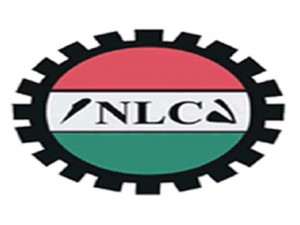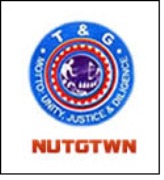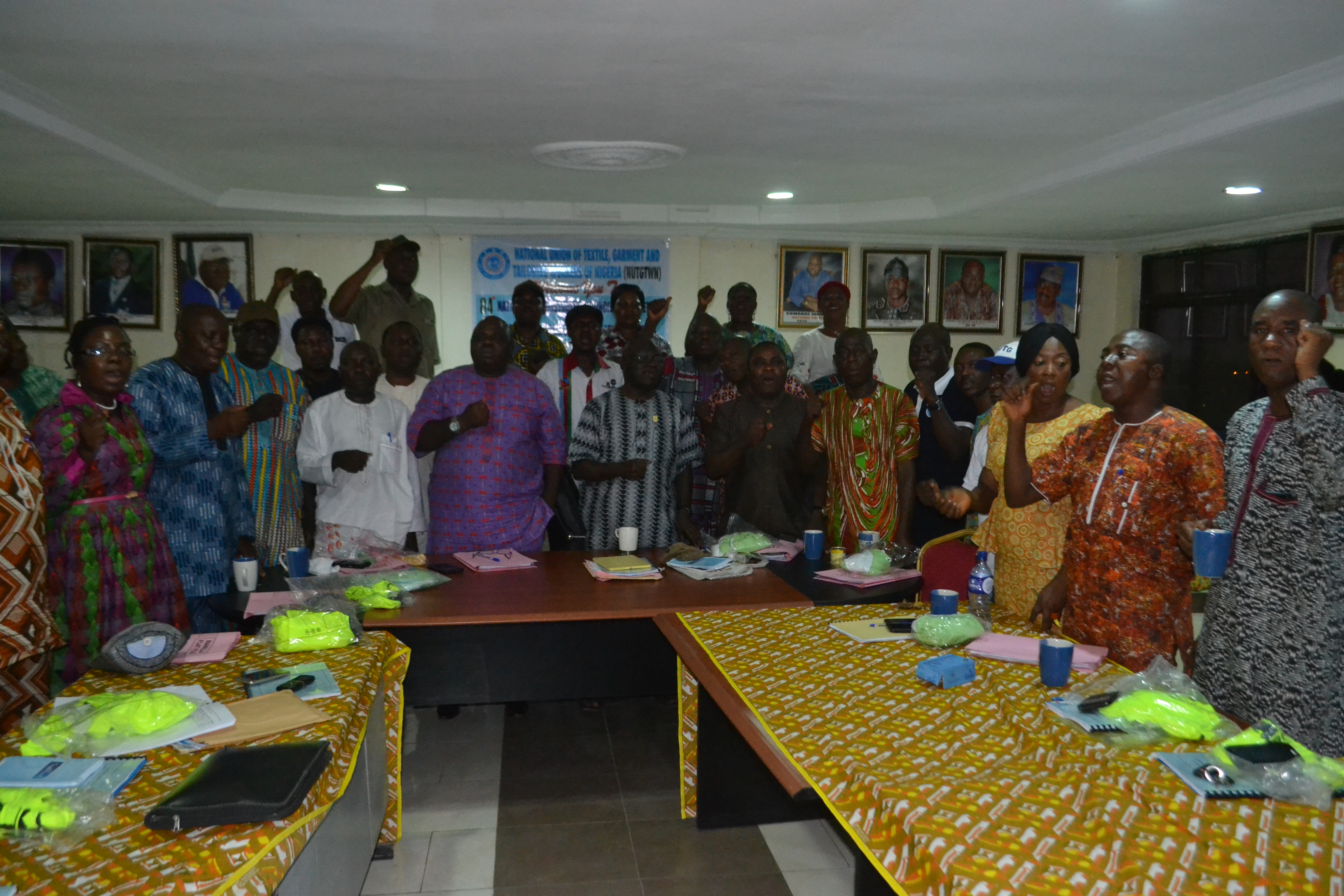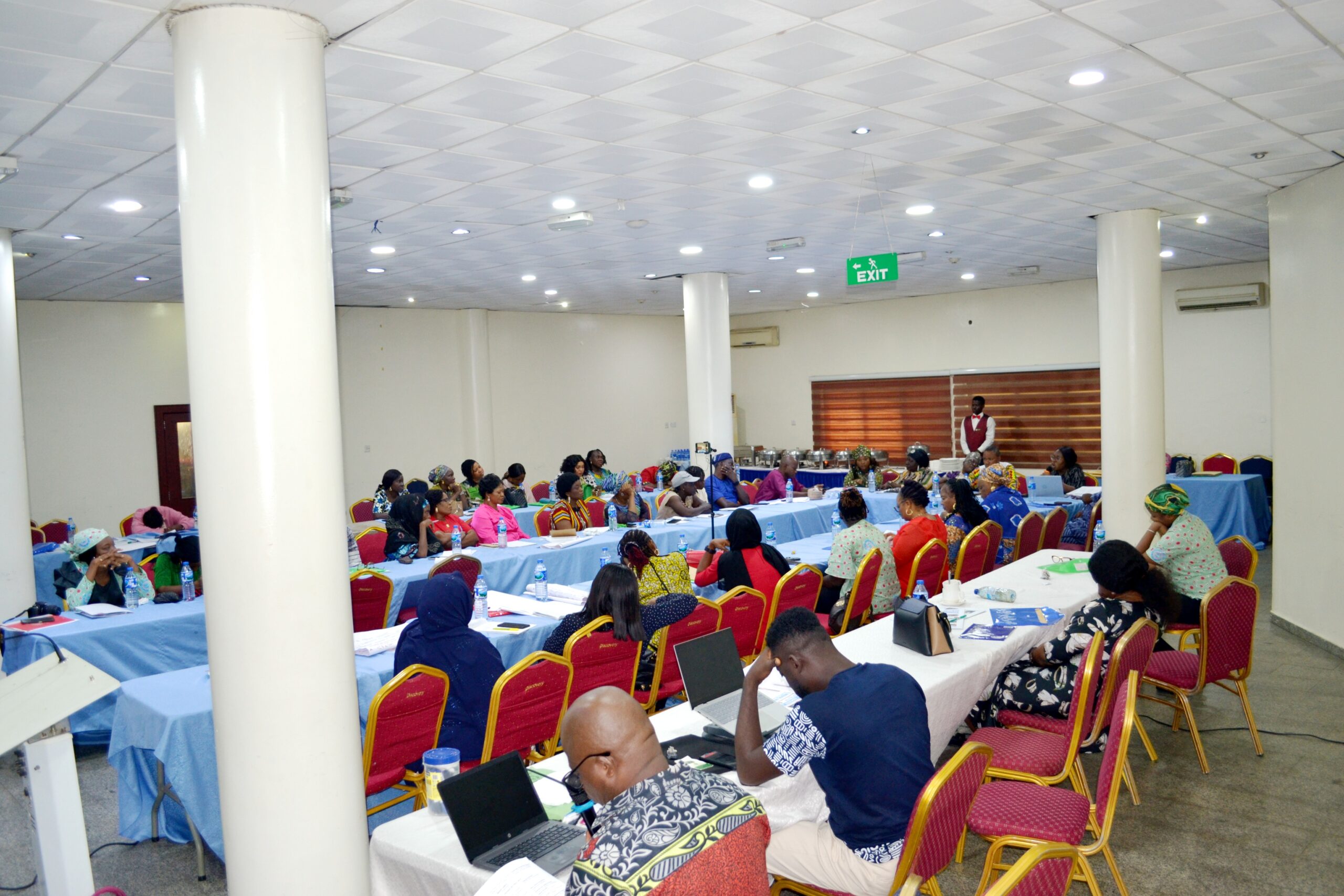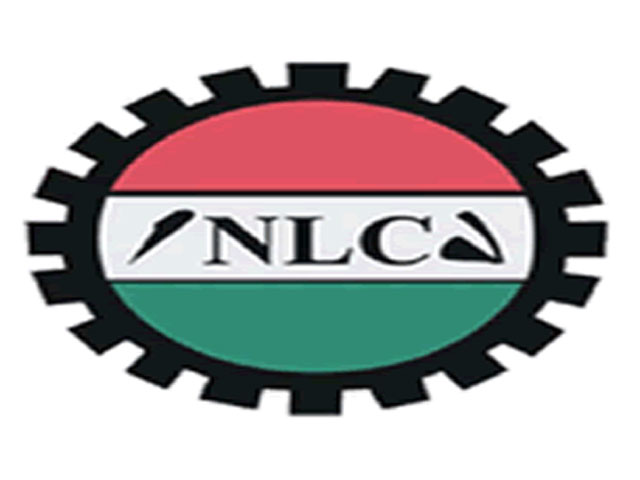
Against the background of the avoidable lingering crisis of unity in the labour movement it is timely to share the scholarly thoughts of Professor Dafe Otobo on “Labour Unity”. Professor Dafe Otobo is with the Department of Industrial Relations & Personnel Management, Faculty of Business Administration, University of Lagos, and President of the Nigerian Industrial and Employment Relations Association (NIERA). This abridged lecture was delivered on the occasion of my birthday celebration in Ilorin on Sunday, 8th of January 2017. Family members, friends and comrades alike were honoured to have Professor Otobo (a leading African scholar on labour studies) as guest speaker. Happy reading;
“I should like to join others and everyone in congratulating Comrade Issa Aremu on his 56th birthday and book launch in celebration of same. One has been privileged over the decades to be part of such events by trade unionists like Michael Imoudu, Alhaji Adebola, Wahab Goodluck, Hassan Sunmonu, SOZ Ejiofoh, Frank Kokori, Adams Oshiomhole, to mention a few. Outside of well-deserved merriment, such occasions, including funerals of trade unionists (like the famous Apena Cemetery Declaration when one of the Oduleye brothers was being buried) have always provided opportunity for a slight walk down the memory lane, and reflections on current challenges and what is possible. I am not hesitant therefore in maintaining this seeming tradition to pass a few remarks on current state of labour unity and trade union governance…
LABOUR UNITY
One common wisdom or, historically, long-standing approach to Labour Unity, from the days of Karl Marx in the eighteenth century to more recent times, is that of all working people in one country and in all countries forming and belonging to one organisation or body. This has been difficult to achieve for many reasons, mostly due to employers and state policies and the structure of local, foreign and international economies, the stratified nature of economic organisations but with some failure on the part of workers and their organisations to form only one or fewer organisations. From this perspective, the existence of multiple workers organisations – whether along ‘junior’ and ‘senior’ lines as in Nigeria, or ‘public sector’ as against ‘private sector’ unions, or ‘white collar’ or ‘blue collar’ or multiple central labour bodies or organisations – have tended to be taken to mean and or described as less labour unity.
In this sense, therefore, less Labour Unity, or lack of unity in the Nigerian labour movement is not new, as old as the labour movement itself. From the Railway Workers Union and Marine Workers and National Union of Teachers breaking away from the Civil Service Union in the 1930s, then the breakaway factions from the TUC after the 1945 General Strike, temporary truce in the first NLC of 1948-9, then factionalisation after the UNAMAG strike in 1949-50, and temporary merger in the 1956 ANTUF (All Nigeria Trade Union Federation), to further factionalisation and reconciliation in the 1959-60 TUC (Trade Union Congress), and 1962 Ibadan Conference where the hotly contested emergent central body broke into two and later four central bodies (ULC, IULC-NTUC, NWC, LUF), to the formation of the second NLC in December 1975 which the military regime refused to recognise and restructured in 1978 to include 43 so-called Industrial Unions as its affiliates, and some 19 senior staff associations denied affiliation to a central body, and the 2005 formal registration of the Trades Union Congress with senior staff associations as its affiliates, bouts of formation of all-embracing central labour organisations were short-lived indeed. So, the current attempt by some largely private sector-based trade unions to form another central labour organisation follows a well-worn route!
So, what about Labour Unity! I believe, in terms of organisational politics, it is possible for the NLC to achieve wider membership if the dictates of Boundaries and Appetites are reconciled in favour of Boundaries. Without going into details, of which few are in public domain, it is fairly certain were all boundaries – especially processes and procedures – faithfully followed at the last NLC elections, subsequent schisms and acrimony would have been largely avoided. In this wise, an arbitrator or mediator, whether in the form of experts/consultant or Labour Veterans, is only as effective as boundaries are seen to be maintained and thus accepted by everyone as such. As all evidence from Nigerian labour history indicate, it is just that more difficult for factions to emerge and to sustain such division in a great length of time when everyone agrees that due process has been followed. The second evidence from Nigerian labour history is that even when hostile factions exist, at several critical times (like the 1964 General Strike), the exigencies compel a unity of approach despite erstwhile different tactics and political alliances.
Part of the reason is that trade union bureaucracy is not homogeneous, given a typical structure of any of the trade unions. Unforeseen changes in tactics and positions have sometimes been pushed along by the expressed preferences of union members and younger, mostly branch and zonal, officials who are closer, as it were, to the war front.
It further suggests that these levels of union bureaucrats and leaders may not only check-mate national officers and national bureaucracy but also effect changes in the composition of the latter and relevant organs of the trade union.
The other aspect of this is that dissensions at the national level over tactics and strategies tend to increase the chances or probability of branch and zonal union officials reaching mutually beneficial decisions, and sometimes not, with employers at those levels, sometimes rending them more vulnerable to all manner of pressures and inducements. This is particularly the case where two or more trade unions see themselves as the main drivers at the central level, which are themselves quarrelling, as it were, and require more resources for that purpose…
Labour Unity lies in UNITY of PURPOSE, that is ameliorating workers plight, a constant goal and which expending increasing union assets on the creation of multiple labour centres and occupying positions within them have not been remarkably successful at doing since 1945. Such political positions are transient and personal, while successful negotiation of national minimum wage, for example, affects millions of workers and millions of others, and making leadership collective. Labour Unity is not having unanimous views on everything. That is not even possible given differences in innate intellect, formal education, experience and other competencies. Indeed dissent and opposing views sharpen the intellect and increase the number of most cost-effective methods which enrich experience and outcomes. Labour Unity is very easily achieved when all comply with rules and procedures, these crucial boundaries which protect you from yourself because of your certain uncontrollable appetites, and protect you from others because of their own potentially boundaries-subverting appetites. No society, no organisation, no labour organisation depends on self-control alone. I look forward to increased Labour Unity.

